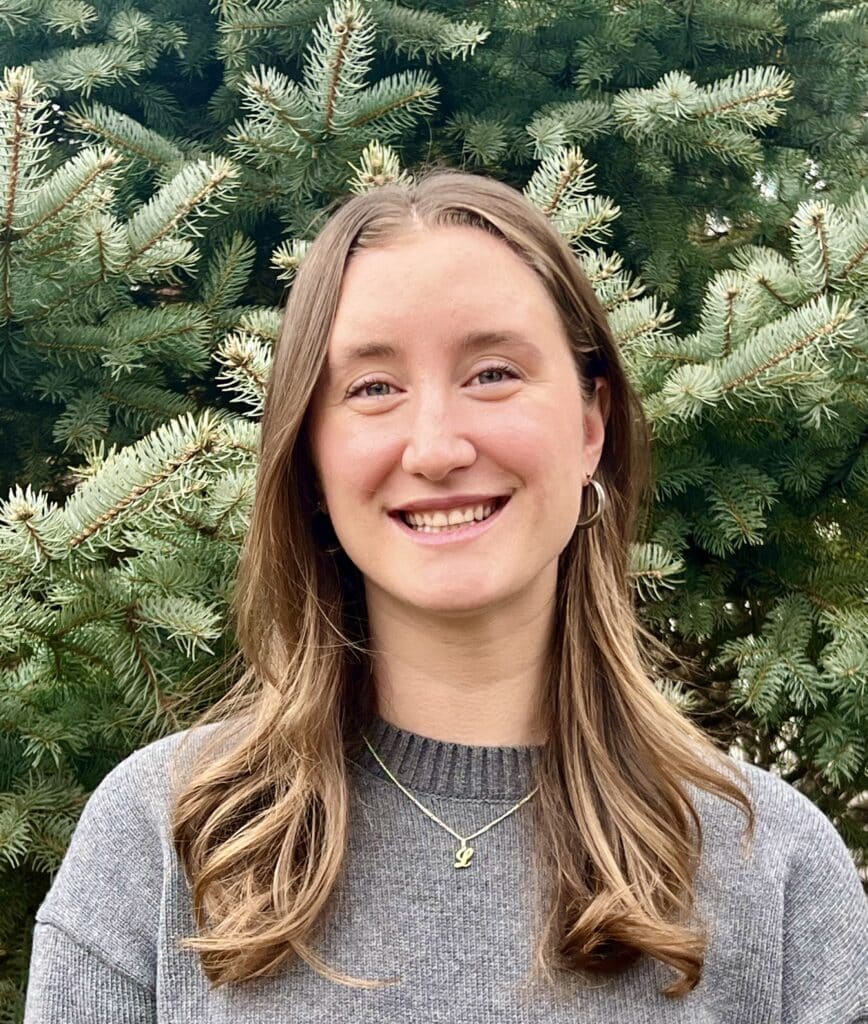Katherine is a psychotherapist at Wildflower. In her clinical practice, Katherine draws on Client-Centered Therapy, Cognitive Behavioral Therapy, Dialectical Behavioral Therapy, and Psychodynamic Theory. Katherine works with adults, couples, and family structures experiencing trauma, anxiety, depression, reproductive health concerns. Katherine also specializes in working with and supporting LGBTQIA2S+ identifying families. She obtained her master’s in social work degree from University of Southern California. Read Katherine’s full bio here.
What inspired you to pursue a career as a psychotherapist?
I have always felt drawn to working with people, specifically people experiencing some type of adversity or trauma due to my own complex upbringing. I studied human development and family science in college and had the opportunity to work with various non-profits. After spending several years working in the mental health profession as a homeless service provider, I found myself envious of my psychotherapist colleagues who were able to connect and make meaningful change with our shared clients. This was my motivation and inspiration to return to graduate school where I had the opportunity to be a student psychotherapist, which deeply affirmed my passion for psychotherapy and its power.
As a psychotherapist, what part of your job is most satisfying?
One of the greatest joys of being a psychotherapist is the vicarious resilience I experience both in and after sessions with clients. I find myself continually inspired by clients’ abilities to survive and thrive in the face of adversity, oppression, and trauma. I always feel if my clients had the opportunity to be in my shoes, they would be in awe of the power and strength they possess.
How would you describe your therapeutic approach?
My therapeutic approach is warm, relational, and collaborative. I really believe my clients are the experts of their own experiences. I work in tandem with them to process and explore their pasts, as well as work to improve their present day lives.
Why do you believe that psychotherapy can help?
I believe that so much healing can be accomplished through vulnerability, collaboration, and a strong therapeutic relationship. It is very rare in our lives to have a completely non-judgmental and non-biased space for processing our histories and working through life stressors.
What are some of your specialties and what drew you to them?
As a child in an LGBTQ+ family, I often feel that the heteronormative approach to individuals, couples, and family psychotherapy did not meet our needs. My personal identity drew me to specializing in LGBTQ+ inclusive care tailoring psychotherapy to the unique needs and strengths of the community. It is so important to me as a clinician to create supportive spaces for a community. My specialty in trauma is rooted in the high prevalence and pervasive nature of trauma itself, especially for those experiencing disenfranchisement or oppression. Additionally, my personal lived experiences with trauma have made me a passionate trauma-informed advocate and psychotherapist.
What is one thing about psychotherapy you wish everyone knew?
This is your space! I used to believe psychotherapy to be intimidating because I felt there was a lack of transparency about the therapeutic process and the actual role of the therapist. As a psychotherapist, I want everyone to know that you are deserving of a non-judgmental space to grow and process your lived experiences. It is not my role to give advice or steer you in any direction rather to walk alongside you on the path of your choosing.
What is your motto or personal mantra?
“We facilitate the greatest change in our clinical work when we focus on learning from our clients rather than believing they are learning from us.” -Taiwo Afuape
What are your favorite self-care activities?
I love to spend time outdoors with my dog, Lenny, especially going swimming or being by the lake. I also enjoy creative nonfiction writing, reading poetry, and collecting CDs.


